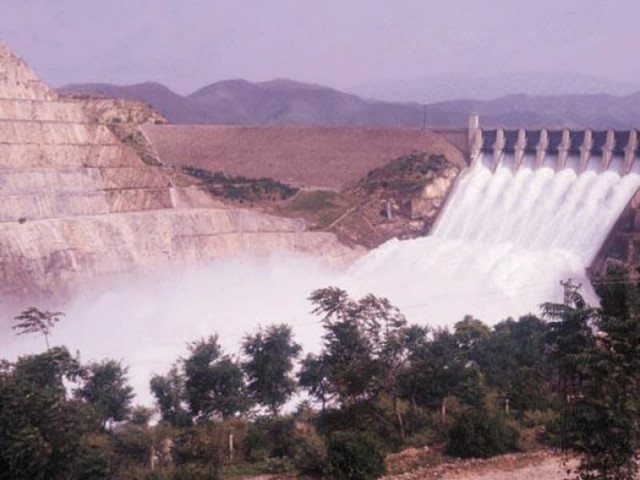Uncapping net hydel profits a win for democracy
PPP paved way for current government to achieve this objective

STOCK IMAGE
PTI can indeed take a bow, but credit must go to those who signed or helped introduce the 1973 Constitution as it laid the groundwork for this objective. Ultimately, it was someone else’s tireless efforts that led to the uncapping as envisaged in Article 161 of the Constitution. Article 161 makes it mandatory for the federal government to pay K-P a huge amount as excise duty collected under the well head and royalty.
It was a Pakistan Peoples Party-led federal government that recognised K-P’s right to net hydel profits and this prompted the National Power Regulatory Authority (Nepra) to honour the longstanding demand. It is also extremely necessary to pay attention to some key factors that will further national interest.
Leaving their trail
Besides net hydel profits on power generation, the province is also getting the lion’s share of royalty on oil and gas production.

The signatories of the 1973 Constitution, considered the second silent revolution after August 1947, are no longer with us, but all of them can be remembered for pulling the country out of the doldrums after the shameful debacle of East Pakistan in 1971.
The late Khan Abdul Wali Khan withstood much criticism from Baloch and Sindhi nationalist politicians for his active role in the 1973 Constitution. According to the nationalist leader, it was the only way to save the country in those tumultuous days. Wali Khan, JI’s Professor Ghafoor Ahmad, Nawabzada Nasarullah Khan, Maulana Mufti Mahmood and Professor Shah Ahmad Noorani, along with several others, enabled the status quo through the concurrent list.
Formal steps were taken towards implementing Article 161 when Nawaz Sharif became prime minister after the 1990 general elections. At the time, Nawaz was allied with nationalists from all four provinces – the late Wali Khan and Mahmood Khan Achakzai being the most prominent.
In 1991, the Sharif regime succeeded in holding the first ever Council of Common Interests (CCI) meeting during which net hydel profit for K-P was capped at Rs6 billion. Ever since, all provincial governments and K-P politicians demanded the removal of the cap as it was a major source of revenue.
PPP’s key role
The 18th Amendment to the Constitution paved the way to give provinces greater autonomy and more independence than ever before.
Everyone is entitled to differ with the ideology of PPP, but nobody can deny the dedication of its leaders to provincial autonomy, democracy, supremacy of the Parliament, 1973’s Constitution and independence of the judiciary.
Former president Asif Ali Zardari and former prime ministers Syed Yousaf Raza Gillani and Raja Pervez Ashraf made a historic contribution by implementing Article 161. “It was none other than the former president and prime minister who recognised the genuine demand of uncapping net hydel profit,” former provincial minister Mian Iftikhar Hussain told The Express Tribune.
“Most political forces with a presence and representation in this province remain united on this issue.” He recalled in the previous federal government, the PPP recognised the demand and issued directions to Nepra to uncap net hydel profits.
Mian Iftikhar said the achievement will play a key role in economic progress and prosperity.
Published in The Express Tribune, November 16th, 2015.













COMMENTS
Comments are moderated and generally will be posted if they are on-topic and not abusive.
For more information, please see our Comments FAQ